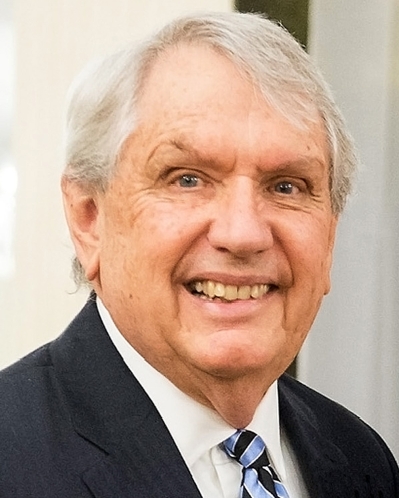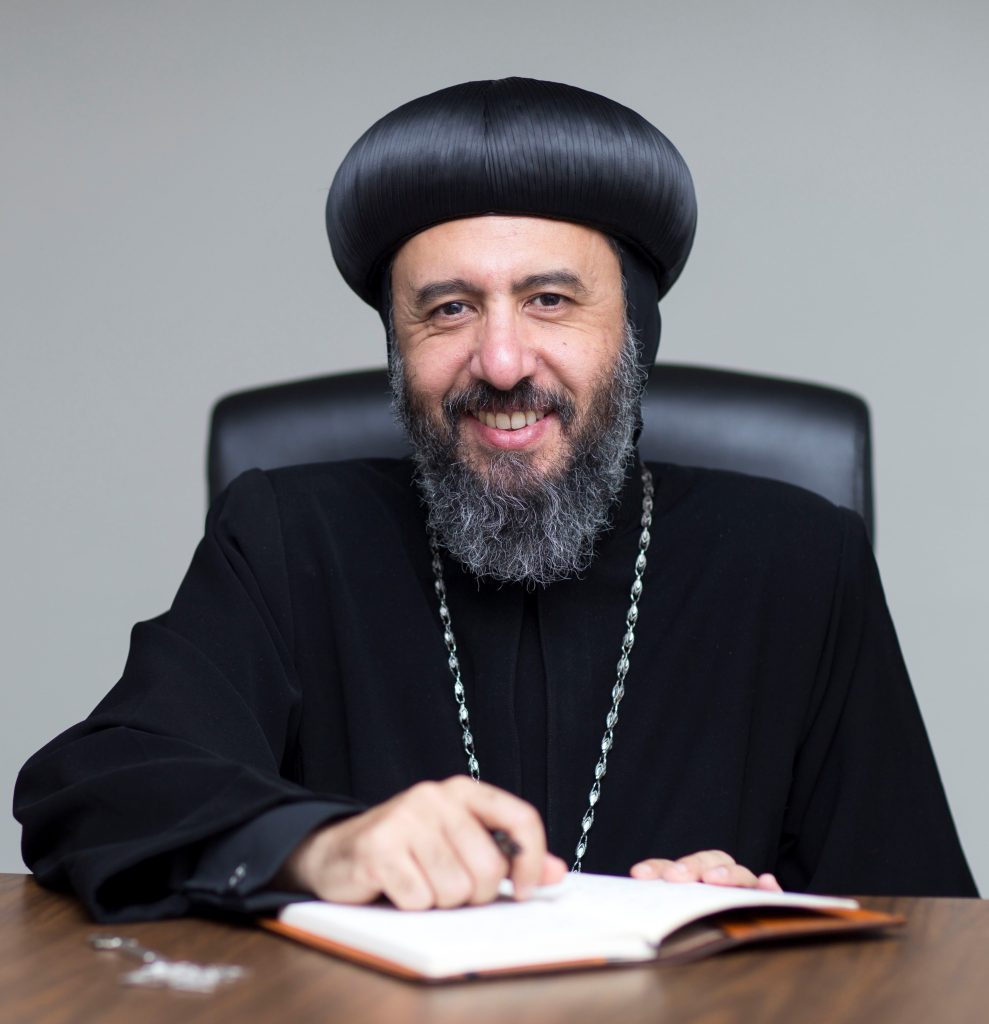
G.S. “Mack” McCarter III is founder and coordinator of Community Renewal International and an ordained minister of the Disciples of Christ denomination. The following post is based on his address at the ICLRS Religious Freedom Annual Review, 17 June 2025, at Brigham Young University.
Religious Freedom: An On-Ramp onto the Highway of God
I’ve been asked to speak about “Why Religious Freedom Matters to Me.” But in light of the conference, and with the organizers’ connivance, I simply have to change the title. And that is to move from me to we, and from I to us, because that really reflects the power of this conference.
So, why does religious freedom matter to us? And of course, we answer that religious freedom really is the regnant power that can change the direction of humanity and move us to a place talked about in Isaiah chapter 11—where peace, joy, and love can fill this entire globe and all of humanity; where the wolf lives with the lamb; where the bear eats hay with the cow; and where the whole earth is filled with the knowledge of the Lord, even as the waters cover the sea.[1]
(more…)



